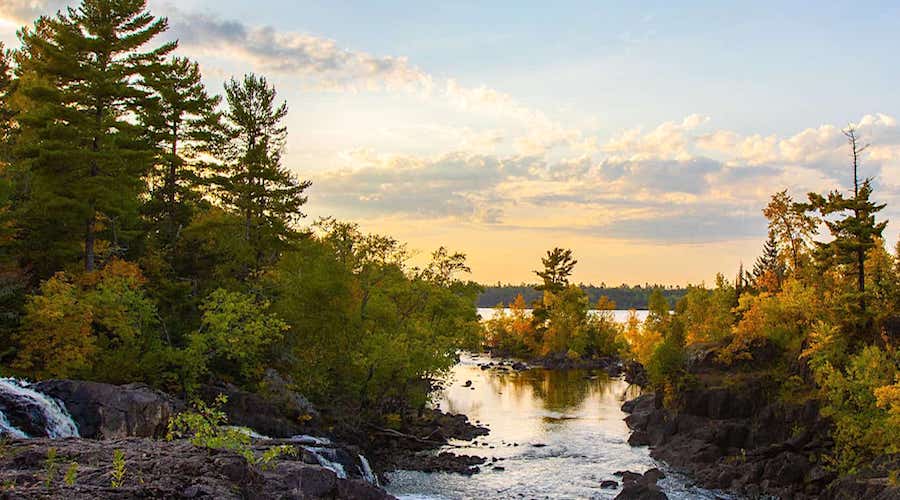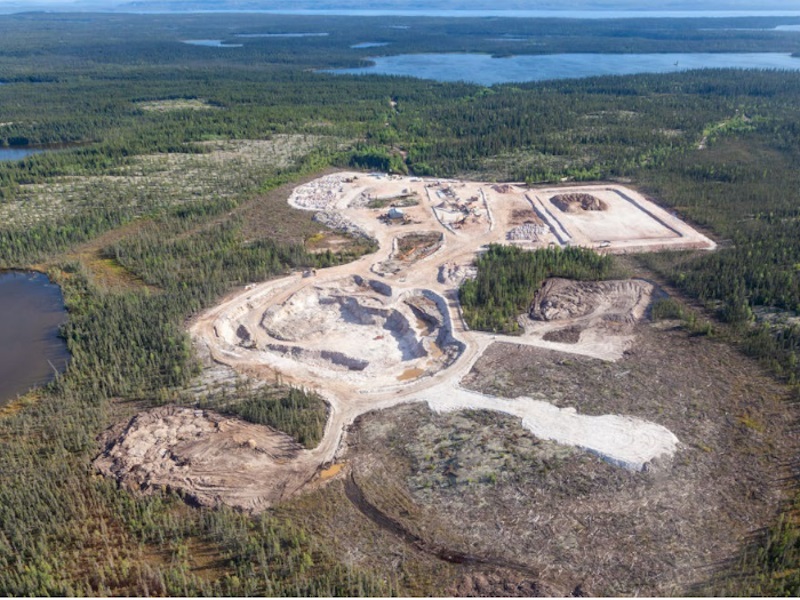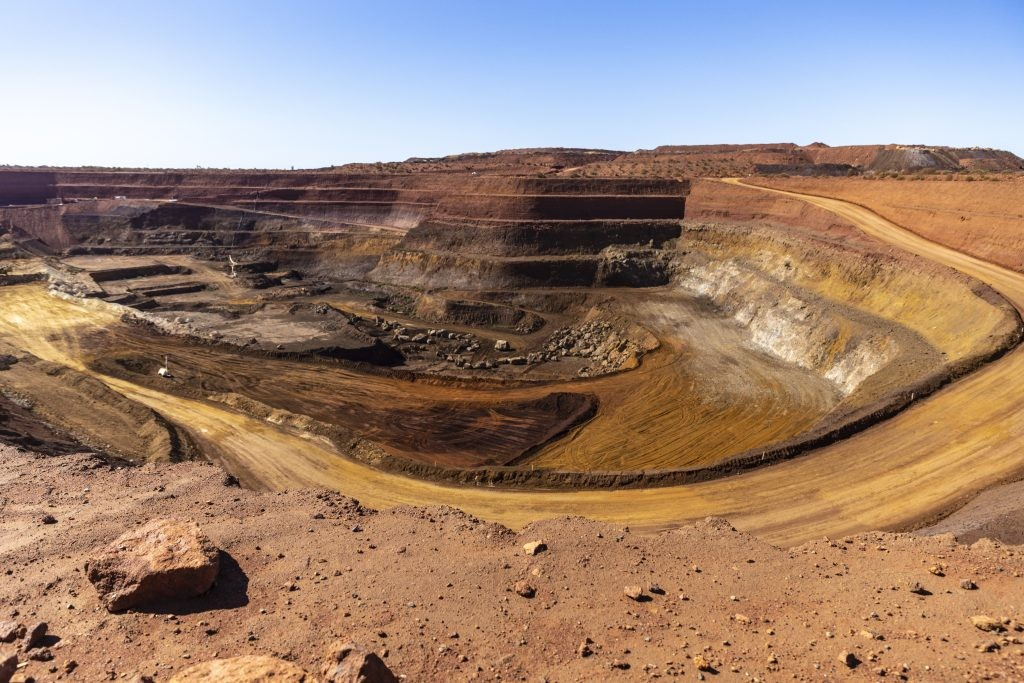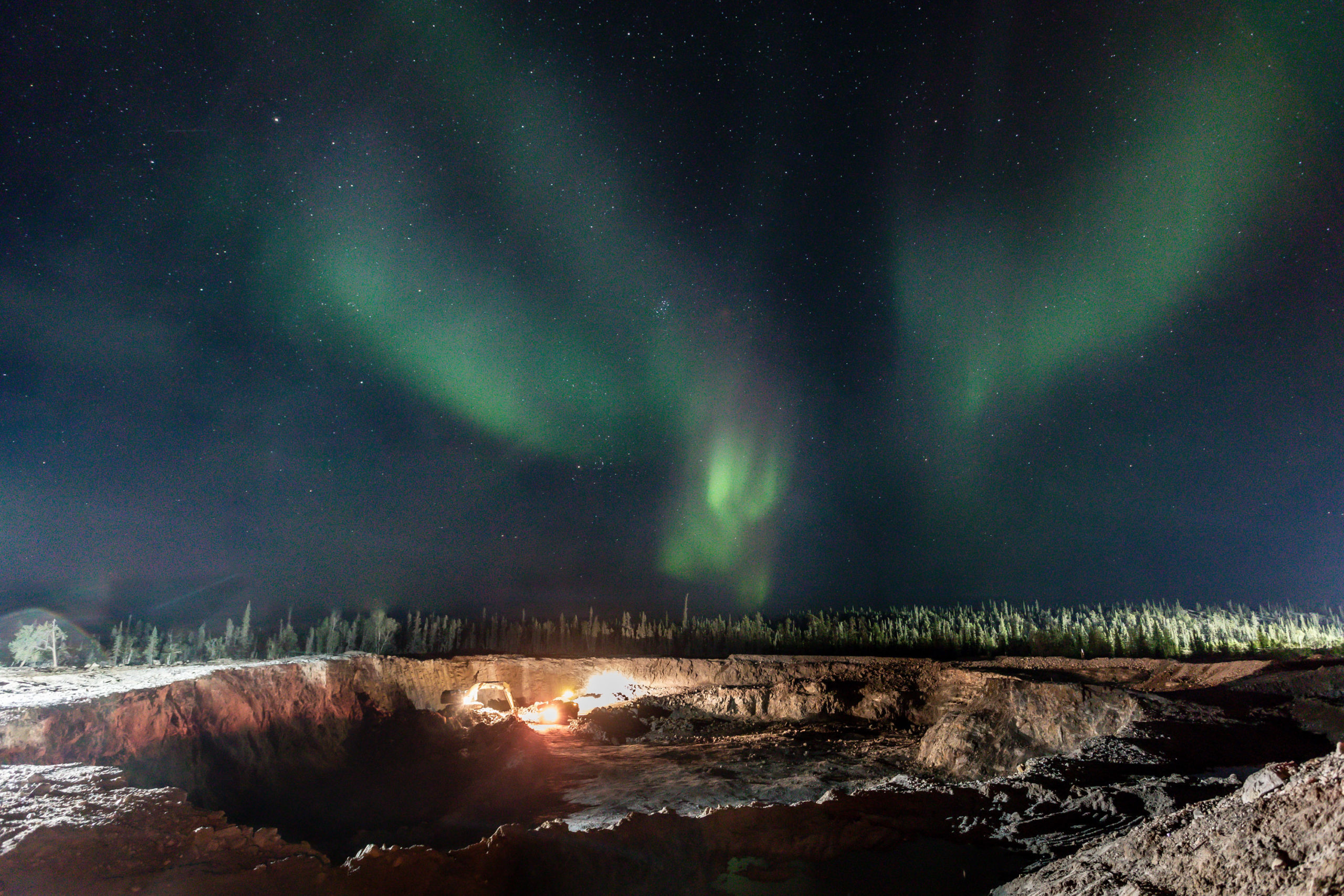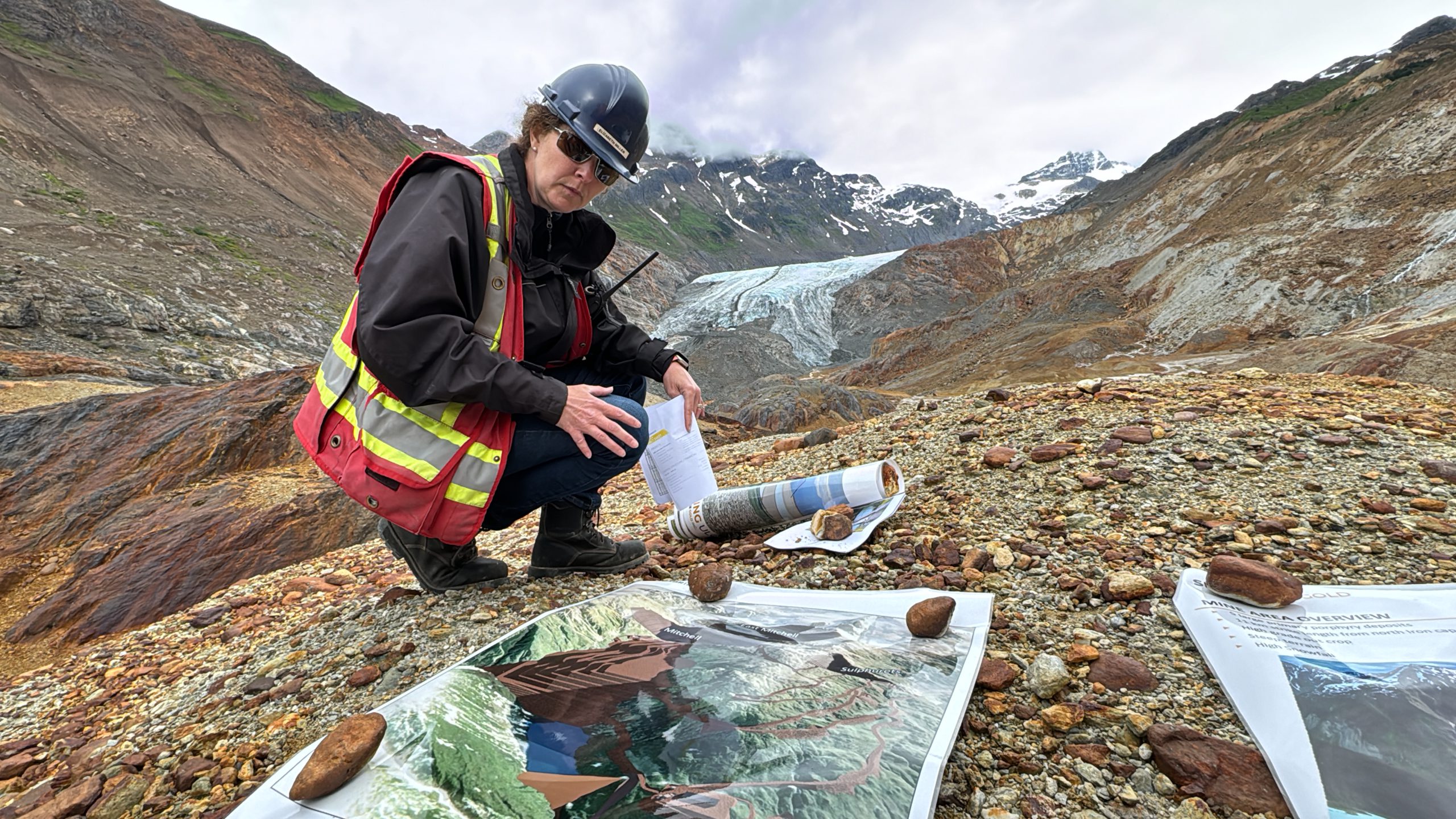“After the horrendous years of the Trump administration, federal officials now appear focused on rational, science-based decision making,” Marc Fink, a senior attorney at the Center for Biological Diversity, said in a statement. “A thorough scientific analysis of these permits and Twin Metals’ related proposals will show that a massive copper-sulfide mine just upstream from the spectacular Boundary Waters wilderness is simply too great a risk.
Northeastern Minnesota holds vast, untapped reserves of copper and nickel, but they’re bound up in sulfide minerals that can leach sulfuric acid and other pollutants if exposed to air and water. Experts say the pristine lakes and streams of the Boundary Waters have little capacity for neutralizing them.
Twin Metals and its supporters, including several Minnesota labor unions, have said the $1.7 billion project can be constructed safely and in a way that boosts the region’s economy.
If built, the mine would be a major supplier of copper, nickel, cobalt and platinum group metals to the US, at a time when President Joe Biden aims to promote the making of electric vehicles (EVs), which use twice as much copper as those with internal combustion engines.
It would also create 700 jobs and employ 1,400 contractors once operational.
Representatives for Twin Metals have said the company expects the regulatory review process “to remain fair and based on science and law in the years ahead.”
Representative Betty McCollum, a Minnesota Democrat, introduced a bill last month that would ban mining in the region. Biden only has the power to block resource extraction in the area for 20 years, though Congress can permanently block it.
In March, Agriculture Secretary Tom Vilsack moved to temporarily block another controversial copper mine, Rio Tinto’s Resolution Copper project in Arizona.
